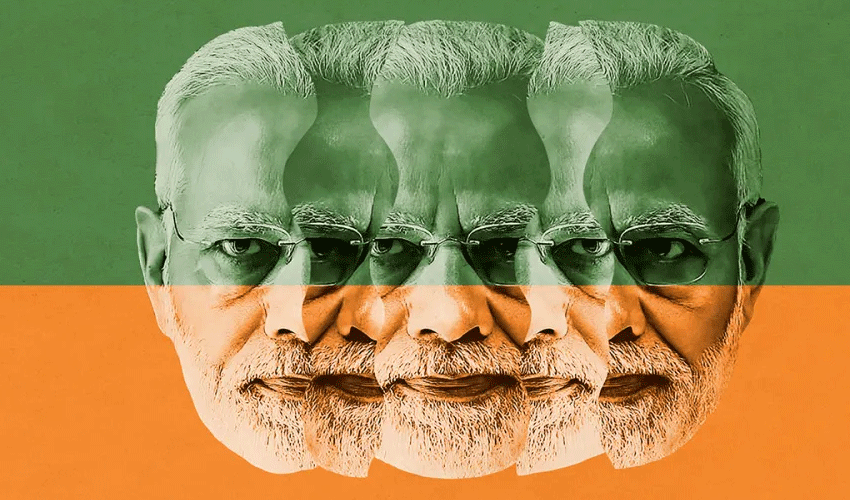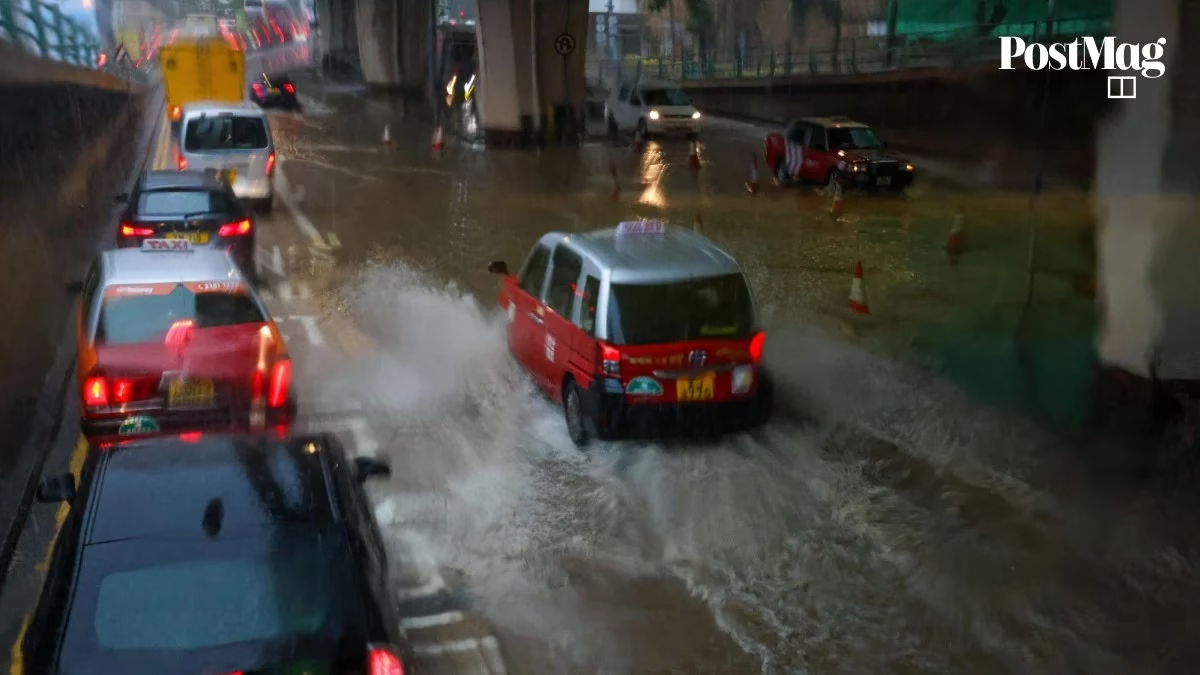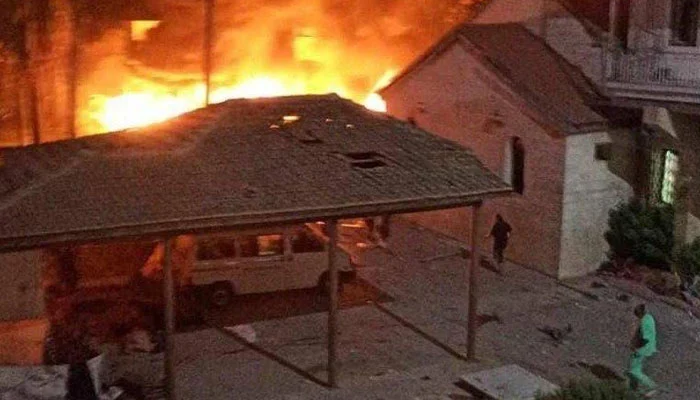The Modi government is under intense fire as criticism continues to swell over the intelligence and security lapses surrounding the Pahalgam incident, according to sources familiar with the growing discontent. Across India, citizens are voicing serious concerns about how the attackers were able to carry out their deadly plan despite the presence of heavy security forces in the region.
The incident has sparked a wave of public outrage, demanding accountability from both intelligence agencies and the political leadership. Many Indians are openly questioning the competence of security officials responsible for protecting sensitive areas like Pahalgam.
How Did This Happen Under Such Tight Security?– Citizens Demand Answers
A video that has gone viral on social media features an Indian woman asking a piercing question:
How did the attackers reach the scene despite such a heavy security presence?
Her frustration reflects a sentiment echoed by many across the country. She further added:Their escape after committing the act raises serious questions about the credibility of the security system.
This sentiment is not isolated. On various online platforms, users are raising similarly critical questions:
- Why weren’t effective measures taken despite known security concerns in the area?
- If intelligence inputs were available beforehand, why weren’t practical steps taken to prevent this tragedy?
- How did terrorists manage to escape so easily after killing innocent people?
The lack of immediate answers from authorities has only fueled the anger, leading to calls for an independent investigation into the intelligence failure.
Analysts Blame Intelligence Lapses, Not External Actors
While official statements have hinted at foreign involvement, defense analysts argue that the evidence points squarely at internal intelligence and operational failures.
A retired Indian defense official commented anonymously to a local news outlet:
This is a clear case of intelligence failure. Instead of shifting blame externally or making baseless allegations against Pakistan, the government must first answer the questions being raised by its own citizens.
The analysts emphasized that the voices emerging from within India itself underscore the depth of the crisis:
When even Indian citizens and security experts are questioning their own system, it’s a sign that something went terribly wrong internally.
Public Anger Turns Political
What began as a security critique is now evolving into a broader political challenge for the Modi government. Opposition leaders have seized the moment, accusing the administration of prioritizing optics over real security reforms.
A senior opposition leader tweeted:
The tragedy at Pahalgam exposes the hollow claims of the government’s so-called ‘strong security policy.’ Citizens are demanding accountability—not excuses.
Meanwhile, protests have been reported in parts of Jammu and Kashmir, with demonstrators holding placards calling for resignations of senior security officials. Some protestors accused the government of failing to protect both tourists and locals despite repeated warnings.
Questions Linger Over Pre-Event Intelligence
According to sources close to local security agencies, there were general alerts issued weeks before the incident about possible militant activity in the area. However, it remains unclear whether actionable intelligence specific to Pahalgam was shared or acted upon in time.
A journalist covering defense issues noted:
If such alerts existed, why wasn’t there an enhanced security cordon or preventive operations? That’s what people are asking.
The lack of clarity regarding pre-incident intelligence has further eroded public trust, leading many to believe that bureaucratic negligence or miscommunication may have played a role in the failure.
Calls for Transparency and Reform
Civil society organizations and rights groups have joined the chorus demanding a transparent investigation into the lapses. Some groups have petitioned for the creation of an independent inquiry panel, arguing that internal probes lack credibility.
A representative from a human rights organization said:
Families of the victims deserve answers. The public deserves the truth. Accountability should not be sacrificed to political convenience.
A Test for Modi’s Leadership
As the chorus of criticism grows louder, political observers say the incident represents a critical test for Prime Minister Modi’s leadership and his government’s credibility on national security.
Security was a cornerstone of Modi’s political platform. Every such incident chips away at that perception,a political analyst noted. Whether or not heads roll after this incident will signal how seriously the government takes internal accountability.
For now, as investigations proceed, the nation watches and waits—with rising impatience—for answers to the questions that have shaken public confidence in India’s security apparatus.



